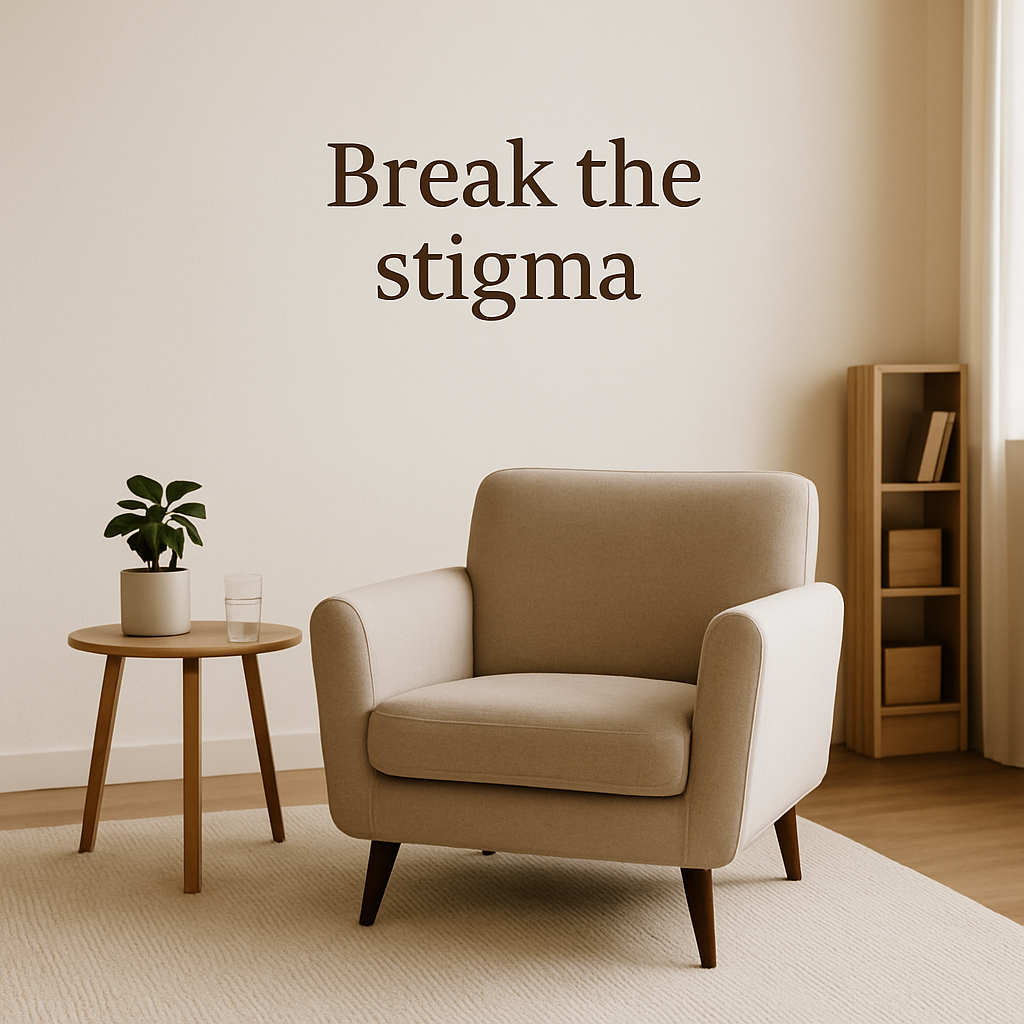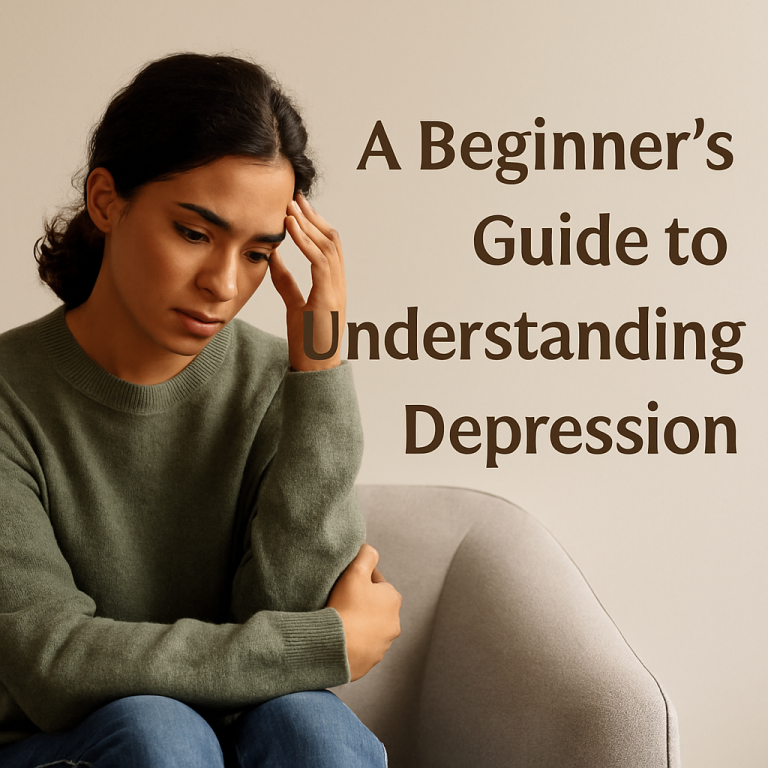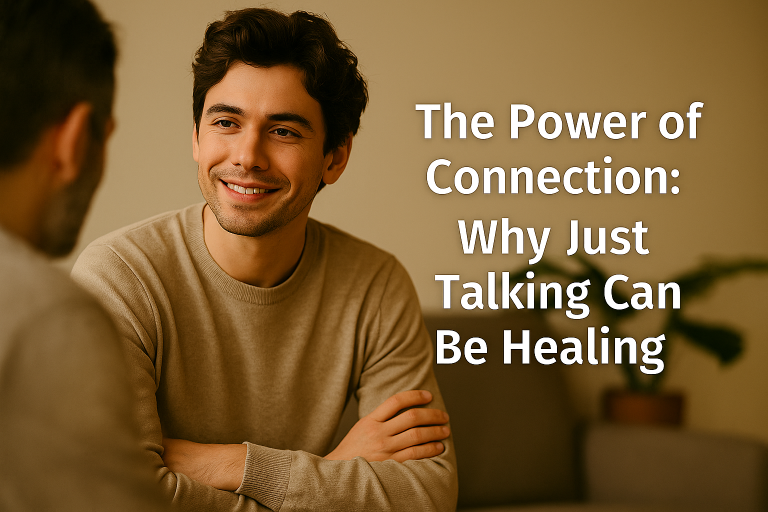Meta Description: Too many people avoid therapy due to outdated stigma. Learn how to break through shame, explore why people go to counseling, and take your first step toward healing with Circle of Life Coaching.
What Is the Stigma Around Counseling?
Even in today’s world of growing mental health awareness, many people still hesitate to reach out for help. The reason? Stigma.
Counseling stigma is the belief—often unspoken—that seeing a therapist means something is “wrong” with you. It can make people feel embarrassed, ashamed, or even weak for seeking support. This outdated thinking causes too many people to suffer in silence instead of getting the help they deserve.
How Common Is This Stigma?
Stigma is more common than you might think. While conversations about mental health have improved, research shows that many individuals—especially men, people in high-stress careers, or from certain cultural backgrounds—still see counseling as taboo.
Some common beliefs include:
- “I should be able to handle this on my own.”
- “Counseling is only for people with serious problems.”
- “Talking about feelings is uncomfortable or weak.”
- “What if people find out I’m in therapy?”
But here’s the truth: counseling isn’t a sign of weakness—it’s a powerful act of self-awareness and strength.
Why People Go to Counseling
Counseling isn’t just for crisis moments. People seek therapy for a wide variety of reasons, including:
- Managing stress or anxiety
- Grieving the loss of a loved one
- Improving self-esteem and confidence
- Healing from trauma or abuse
- Navigating relationship or family challenges
- Breaking harmful habits or thought patterns
- Gaining clarity during life transitions
If any of these sound familiar, you’re not alone—and counseling can help.
How to Overcome the Stigma and Start Healing
It’s normal to feel nervous about reaching out. But the first step is reminding yourself that therapy is for everyone. It’s a resource—not a rescue mission.
Here are a few ways to overcome counseling stigma:
- Reframe the idea: Counseling is a tool for growth, not a sign of failure.
- Talk about it: Share your interest in counseling with trusted friends or family—chances are, they’ve been there too.
- Start small: Book one session just to talk, with no pressure or commitment.
- Choose a counselor you connect with: Therapy is personal—finding the right fit matters.
You Deserve to Feel Better
Taking care of your mental health is just as important as your physical health. If you’re feeling overwhelmed, stuck, or just ready for something more, counseling can help you move forward with clarity and support.
Circle of Life Coaching Is Here to Support You
We believe therapy should be welcoming, compassionate, and judgment-free. Whether you’re facing a specific challenge or just need a safe space to talk, Circle of Life Coaching is here to walk beside you.




